Why a North Korean nuclear deal is a poison pill that could end the Kim dynasty
Will North Korea get the Iran treatment? Don't count on it.
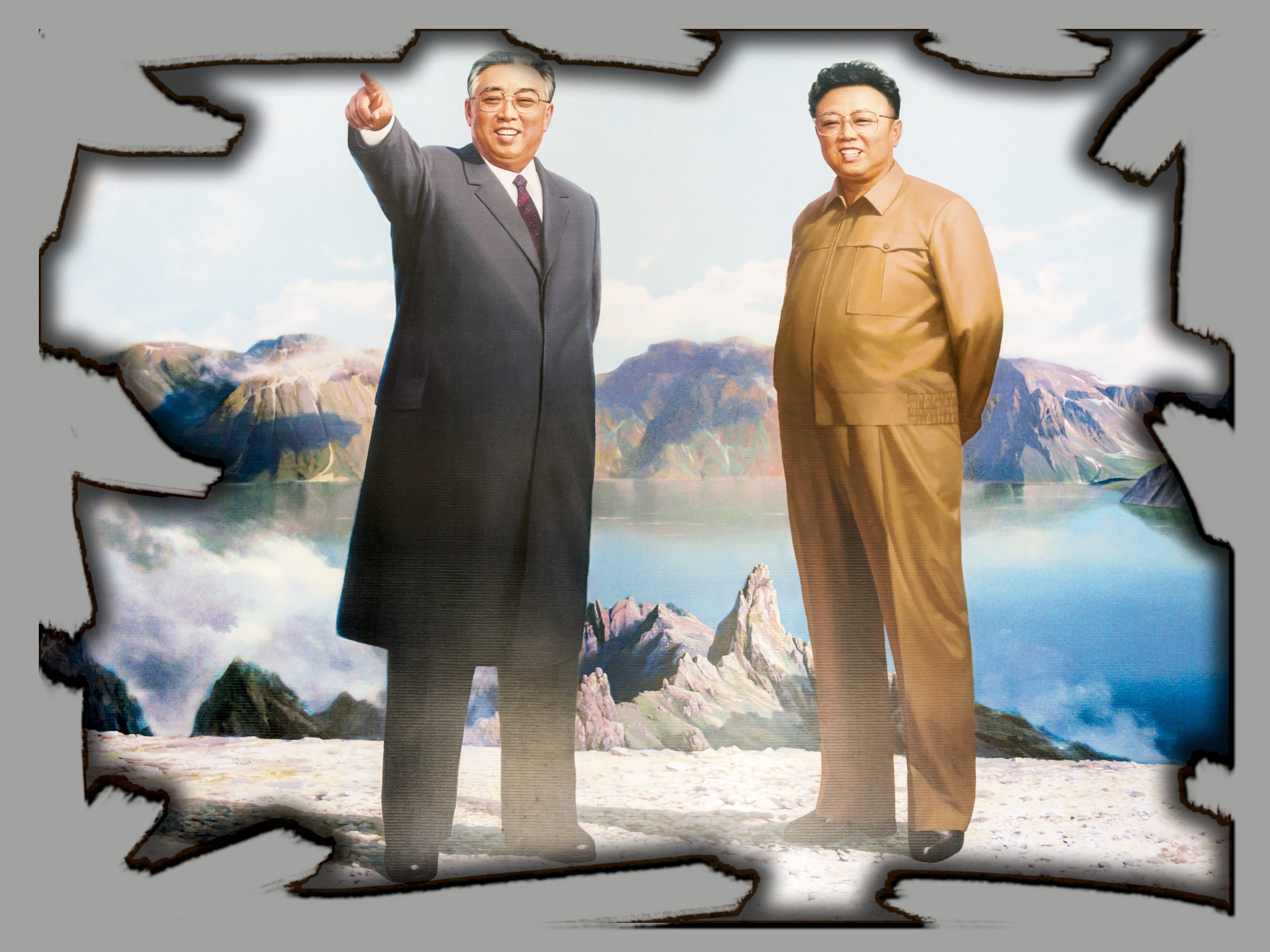
A free daily email with the biggest news stories of the day – and the best features from TheWeek.com
You are now subscribed
Your newsletter sign-up was successful
This summer, the United States announced a historic agreement with Iran. The agreement largely dismantles Iran's nuclear program, which experts agree was designed to build an arsenal of nuclear bombs.
Optimists have looked at the deal and speculated North Korea could be next. In exchange for the lifting of sanctions and normalizing relations, North Korea would dismantle its own nuclear arsenal, they say. The incentives for such a poor country — with an economy a third the size of Ethiopia's — would be too great to resist.
The optimists are wrong. A nuclear North Korea is something the world is going to have to get used to.
The Week
Escape your echo chamber. Get the facts behind the news, plus analysis from multiple perspectives.

Sign up for The Week's Free Newsletters
From our morning news briefing to a weekly Good News Newsletter, get the best of The Week delivered directly to your inbox.
From our morning news briefing to a weekly Good News Newsletter, get the best of The Week delivered directly to your inbox.
North Korea has been confronting the United States for decades, and has gotten away with it because of its outsized military. Over the years, the Korean People's Army has consistently made up about 4 percent of the population — or 20 percent if you count reservists. Any war with North Korea would be a costly one for the United States and allies.
In 1991 Kim Jong Il, the father of the current leader Kim Jong Un, watched as the U.S. military crushed the Iraqi military with ease — a military that was armed and equipped just like his own. The writing was on the wall — numerical strength was increasingly irrelevant in warfare.
Kim poured resources into a North Korean atomic bomb, reasoning the United States would never invade a country that had nuclear weapons. North Korea conducted its first successful bomb test in 2006. It has conducted two more tests since then, and is estimated to have at least six bombs in its arsenal.
In the meantime, since 9/11, the United States has invaded Iraq and Afghanistan and attacked targets in Libya, Syria, Yemen, and Somalia.
A free daily email with the biggest news stories of the day – and the best features from TheWeek.com
One country that hasn't been attacked? North Korea, which had even been part of the original "Axis of Evil," has remained unscathed. Although circumstantial, the evidence is compelling that the only reason Pyongyang has escaped punishment is because it has nuclear weapons.
Kim Jong Il may have been right after all. Uncertainty about North Korean nuclear weapons — how many they have, how they intend to deploy them, and when they might use them — is just enough to keep the Americans at bay. Nuclear weapons protect the North Korean regime. Kim Jong Un would be foolish to give them away.
But what about the benefits of a nuclear deal — the international aid and assistance, the loosening of sanctions, and the need to spend less on the North Korean military?
Surely nukes for economic prosperity is a tempting trade. North Korea has considerable natural resources, including $6 trillion in rare earth mineral reserves. China's ruling class has benefitted enormously from the country's new prosperity: The combined net worth of China's national legislature is $463 billion dollars. Even President Xi Jinping, who reportedly dislikes Western-style wealth, has an extended family worth hundreds of millions.
In the strange logic that prevails in North Korea, a nuclear deal is a poison pill that could end the Kim dynasty.
A key part of the Kim dynasty's national mythology is that it is the defender of the "real" Korea against a capitalist gang led by the United States. It has used that mythology to build up the military and develop nuclear weapons — and demand great sacrifice from the North Korean people. North Koreans have endured enormous expenditures on the military, harsh living conditions, and repressive government.
If Kim Jong Un agrees to surrender his nuclear program, he would be all but admitting the United States is no longer a threat. Such an admission would undermine the regime's legitimacy. What would be the point of further sacrifice? Like revolutionaries, the Kims have started something that can't end without putting themselves out of a job — or worse. The Kim family and their cronies could very well find themselves — like family friend Nicolai Ceausescu of Romania — up against a firing squad.
North Korea is not — as is commonly described — irrational or even "crazy." Pyongyang makes different choices and plays by its own set of rules. They're difficult to understand, but that doesn't mean there isn't an underlying logic to them.
The North Korean bomb is now a key part of the regime's survival strategy. It may be the survival strategy. Kim Jong Un's hand — his armed forces — grows weaker and more antiquated every year. But he still has one trump card — The Bomb. And he won't be getting rid of that card any time soon.
Kyle Mizokami is a freelance writer whose work has appeared in The Daily Beast, TheAtlantic.com, The Diplomat, and The National Interest. He lives in San Francisco.
-
 ‘Zero trimester’ influencers believe a healthy pregnancy is a choice
‘Zero trimester’ influencers believe a healthy pregnancy is a choiceThe Explainer Is prepping during the preconception period the answer for hopeful couples?
-
 AI surgical tools might be injuring patients
AI surgical tools might be injuring patientsUnder the Radar More than 1,300 AI-assisted medical devices have FDA approval
-
 9 products to jazz up your letters and cards
9 products to jazz up your letters and cardsThe Week Recommends Get the write stuff
-
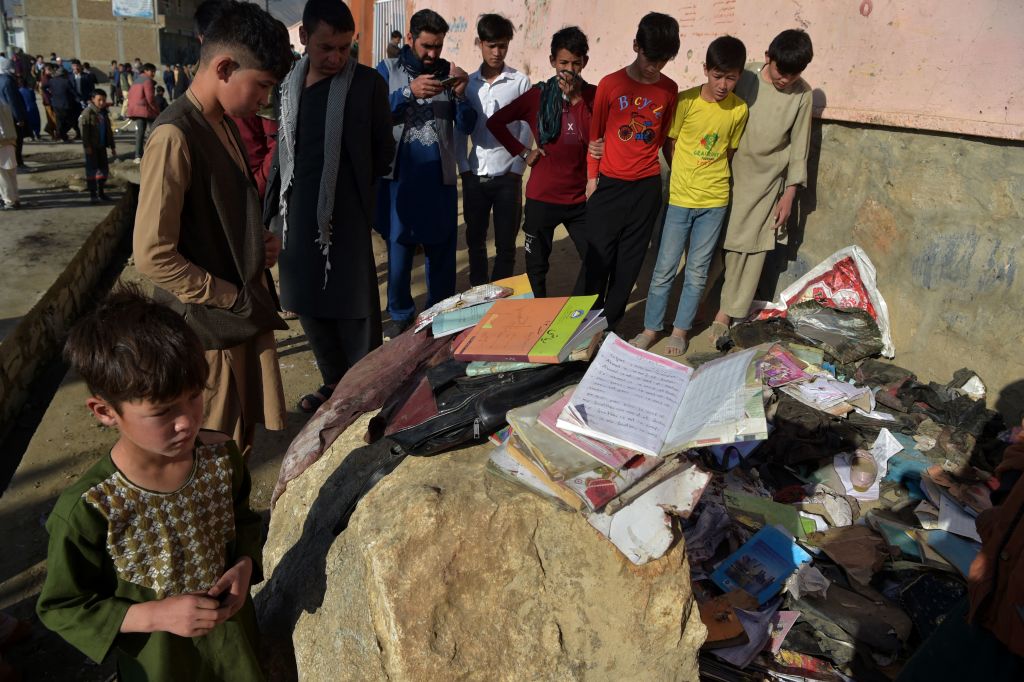 Bombing at girls' school in Kabul kills at least 50, including students
Bombing at girls' school in Kabul kills at least 50, including studentsSpeed Read
-
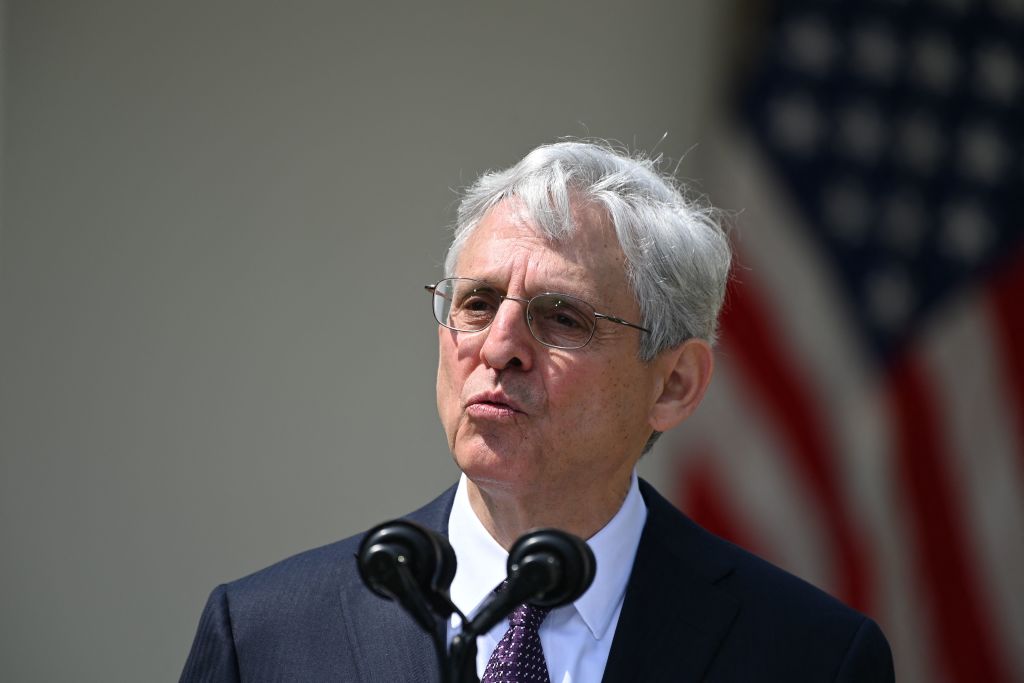 Garland says DOJ is 'pouring its resources' into stopping domestic terrorists 'before they can attack'
Garland says DOJ is 'pouring its resources' into stopping domestic terrorists 'before they can attack'Speed Read
-
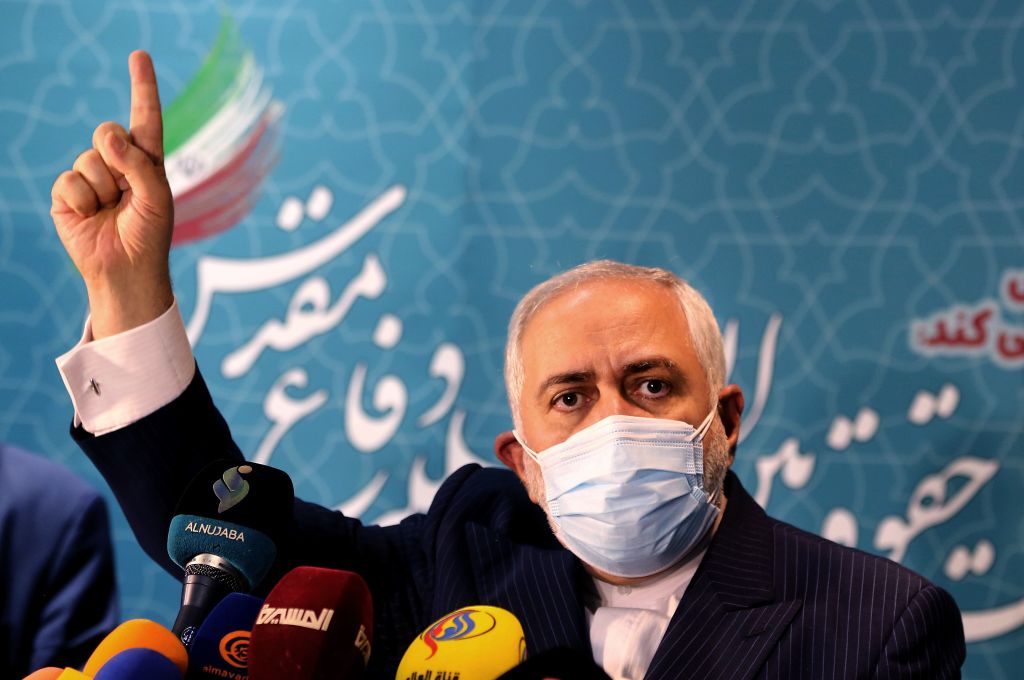 Suspected Israeli cyberattack on Iranian nuclear site complicates U.S.-Iran nuclear deal talks
Suspected Israeli cyberattack on Iranian nuclear site complicates U.S.-Iran nuclear deal talksSpeed Read
-
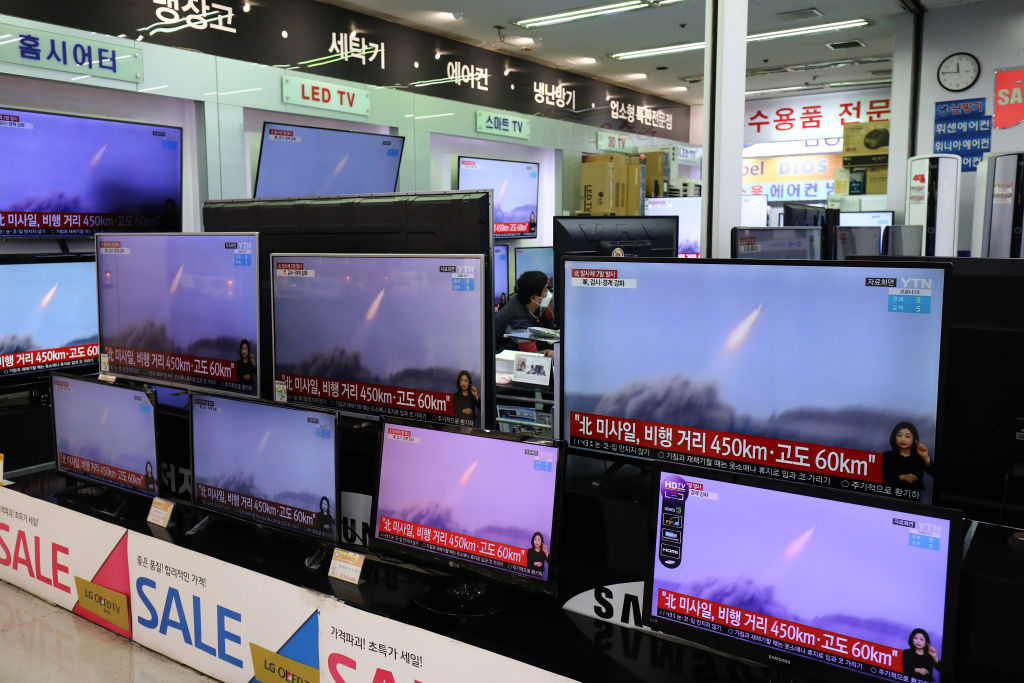 North Korea fires 2 ballistic missiles into sea
North Korea fires 2 ballistic missiles into seaSpeed Read
-
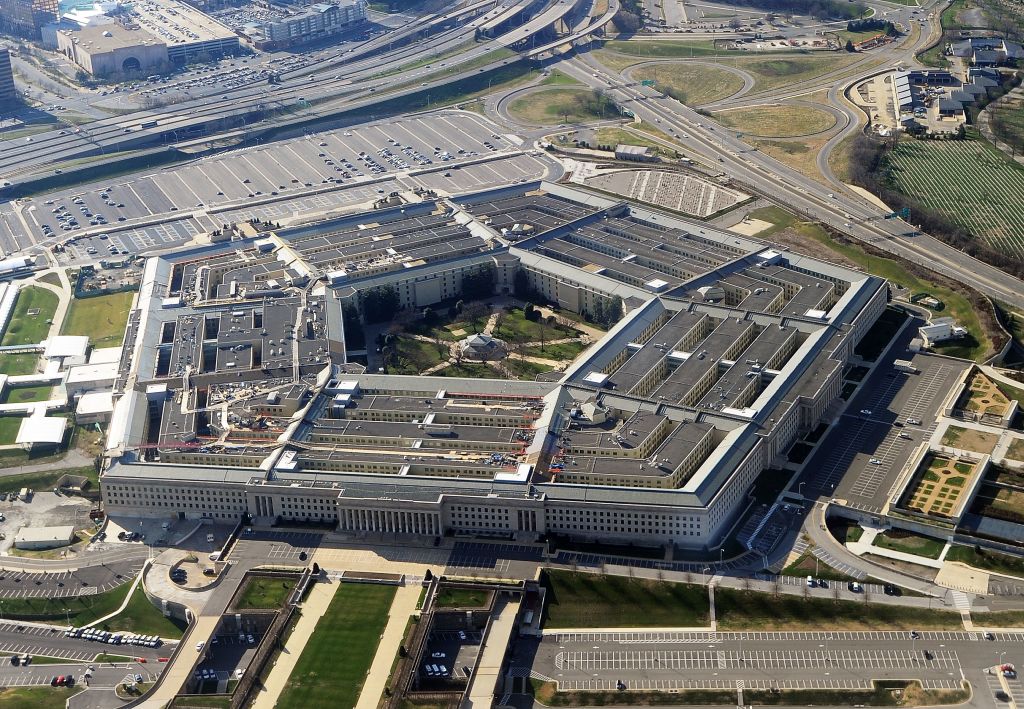 U.S. airstrikes target Iranian-backed militia facilities in Syria
U.S. airstrikes target Iranian-backed militia facilities in SyriaSpeed Read
-
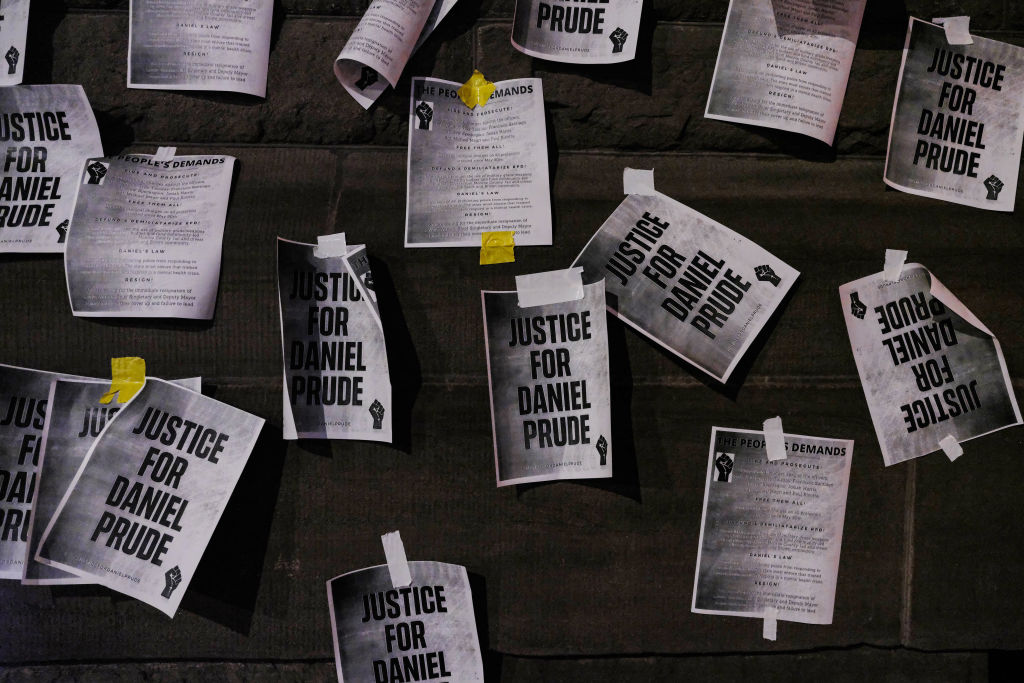 Rochester police who killed Daniel Prude during mental health crisis won't face charges
Rochester police who killed Daniel Prude during mental health crisis won't face chargesSpeed Read
-
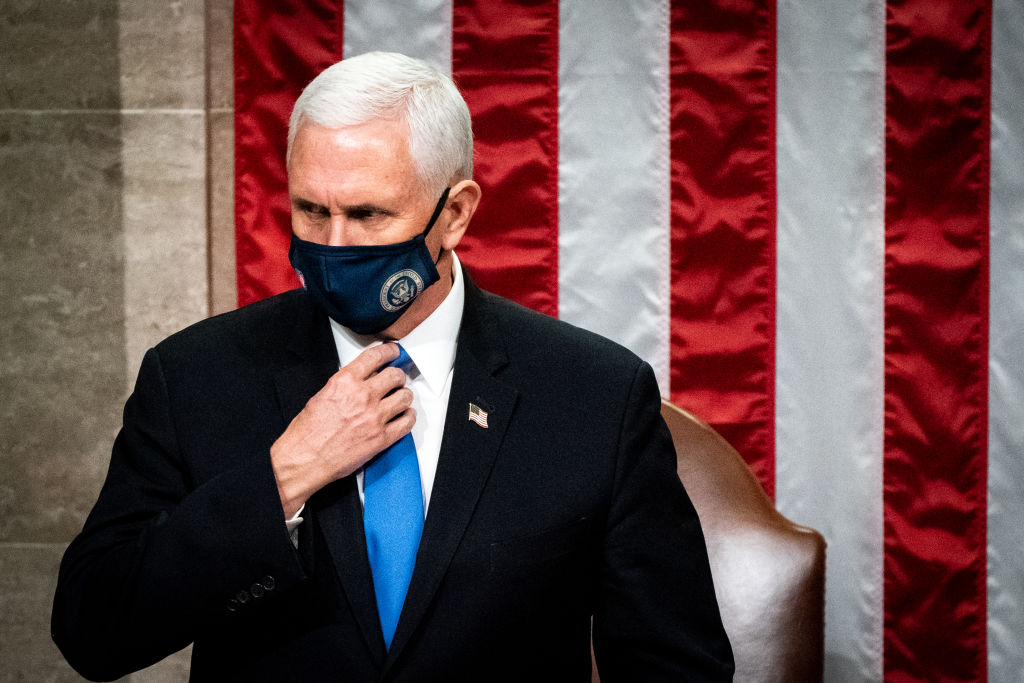 Mike Pence's 'nuclear football' was also apparently at risk during the Capitol siege
Mike Pence's 'nuclear football' was also apparently at risk during the Capitol siegeSpeed Read
-
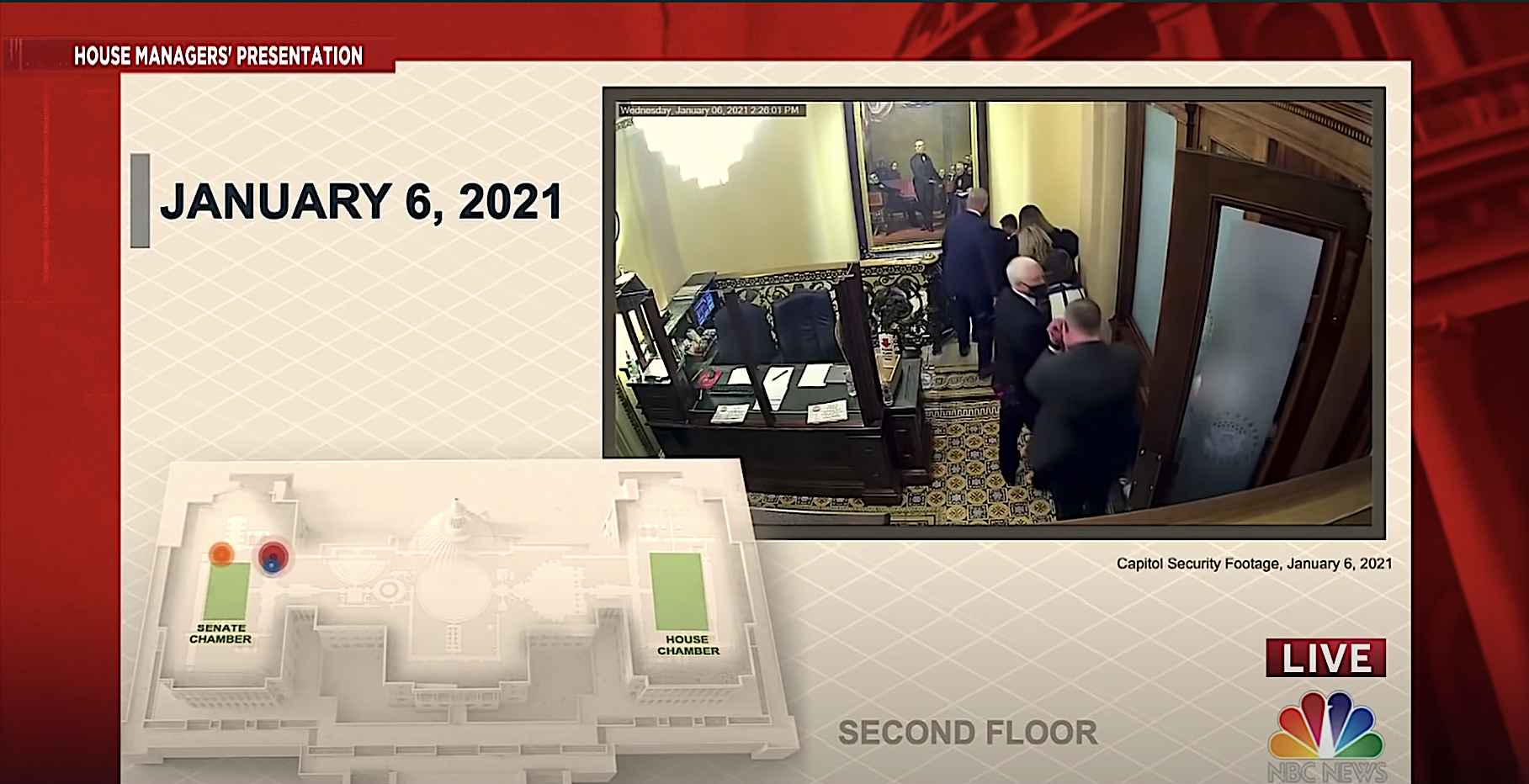 Trump publicly attacked Pence during the Capitol riot knowing Pence was in trouble, GOP senator suggests
Trump publicly attacked Pence during the Capitol riot knowing Pence was in trouble, GOP senator suggestsSpeed Read